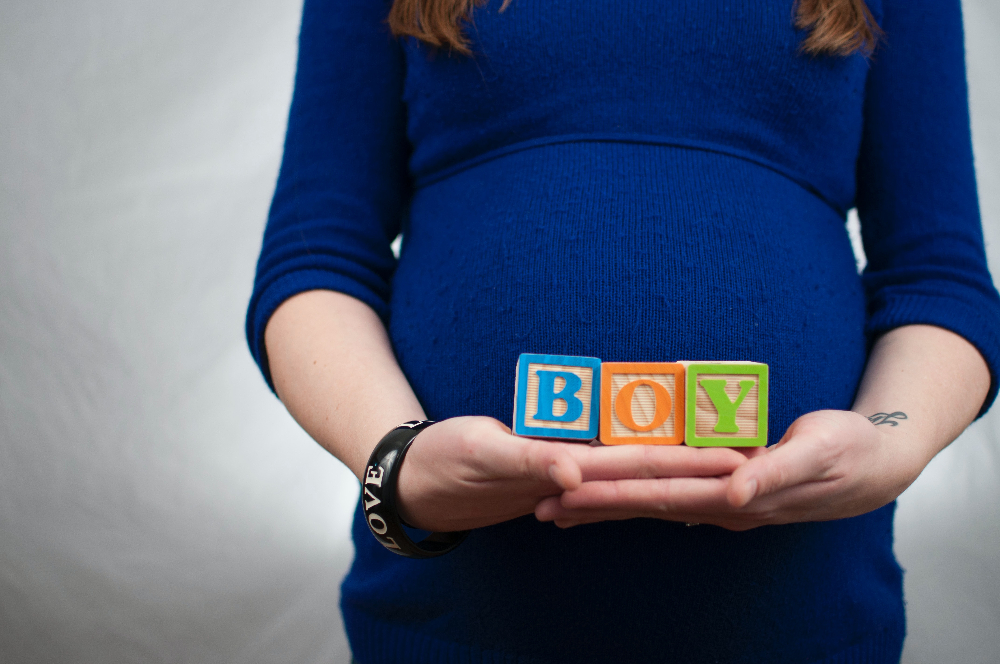New study searches for link between prenatal mental health care and preventing postpartum depression.
Pregnancy and childbirth can be both exciting and life-changing. Unfortunately, for some new mothers, the birth of a child can also negatively impact their mental health. In fact, it’s estimated that up to 1 in 7 women experience a serious mood disorder called postpartum depression following the birth of their baby. There are typically no prenatal warning signs.
Now, researchers hope that intervening in a mother’s mental health care during pregnancy may help reduce the risk of postpartum depression or alleviate some of its symptoms. University of Denver psychology professors will be recruiting 900 women to participate in a study that has been funded by the National Institute of Mental Health (NIMH). The five-year study will offer mental health counseling to pregnant women as part of their prenatal care at Denver Health Hospital, a partner in the study.
The study’s leaders, Elysia Davis and Galena Rhoades, hope to show that giving pregnant women access to tools such as in-person or virtual group counseling before their child or children are born will lead to better outcomes for mothers following the birth of their babies, reducing postnatal symptoms of depression and postpartum depression. By including the treatments with overall gynecological and obstetric care, they hope to reduce the stigma women may feel about seeking help for their mental health and also make mental health care more routine and accessible during pregnancy.
“Ultimately, what we hope we will see is that, regardless of the modality of intervention, a short prevention program can prevent postpartum depression or reduce symptoms of depression that so many women experience after having a baby,” Rhoades said.

Postpartum depression goes beyond the “baby blues” — those feelings of anxiousness, loneliness or sadness that can be caused by hormones in the days following the baby’s birth (postpartum psychosis is a different disorder and much rarer). Warning signs include a loss of pleasure or interest in once-enjoyable activities, uncontrollable crying, and fear of being alone with the baby, among other signs. Postpartum depression can also make mothers feels they’re not well-equipped to care for another human being and they may ignore the needs of their children.
Health officials say postpartum depression can affect any woman regardless of number of pregnancies she has had, marital status, age, race, socioeconomic status and other factors. Risk factors can include a history of depression or mental illness, having a “challenging” or colicky baby, or isolation and lack of social support. If untreated, postpartum depression can last for months.
Most women do get better with treatment, according to the American Psychological Association. Interventions include therapy, medication, and teaching coping skills to mothers of infants. Early detection and treatment is key to getting better.
The researchers acknowledge that pregnancy and childbirth are times when women need a lot of support. Single mothers are at especially high risk of feeling unsupported and alone. They are hoping the study will extend past the five years covered by the NIMH grant and will continue to benefit pregnant women at Denver Health Hospital through continued mental health services alongside routine prenatal care.
Sources:
DU Professors to Study Effects of Prenatal Counseling on Postpartum Depression
Postpartum depression: Causes, symptoms, risk factors, and treatment options


Join the conversation!